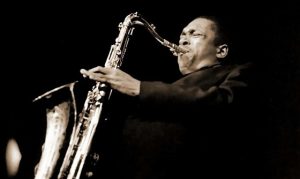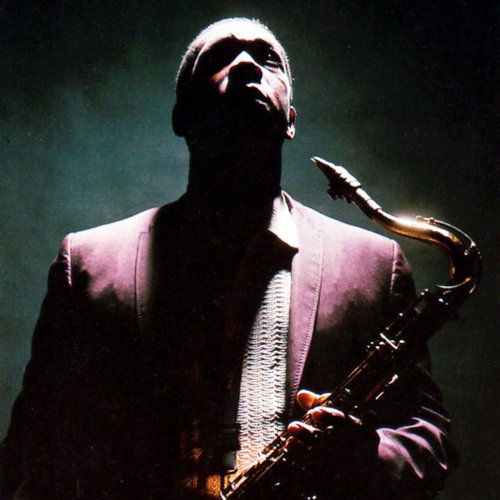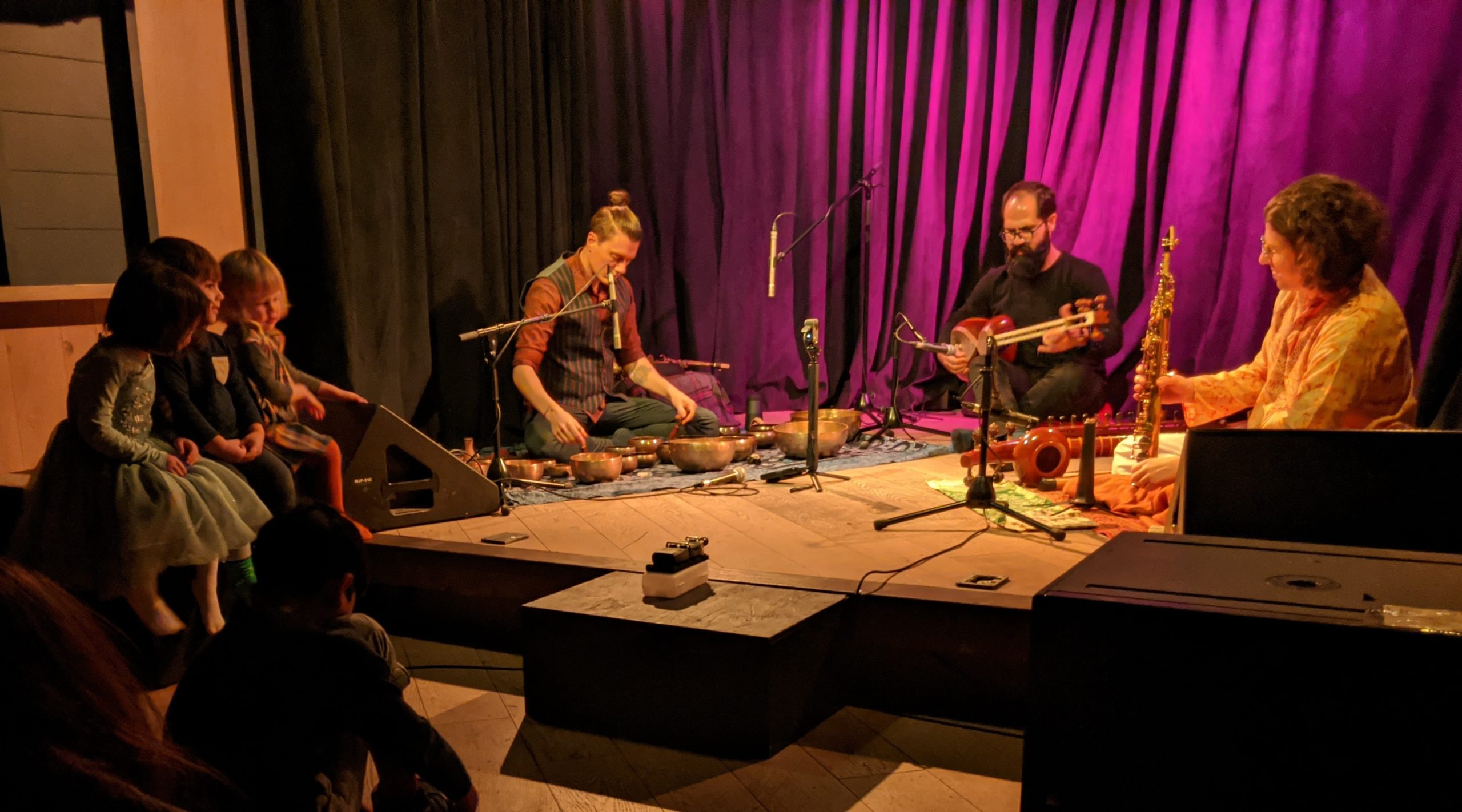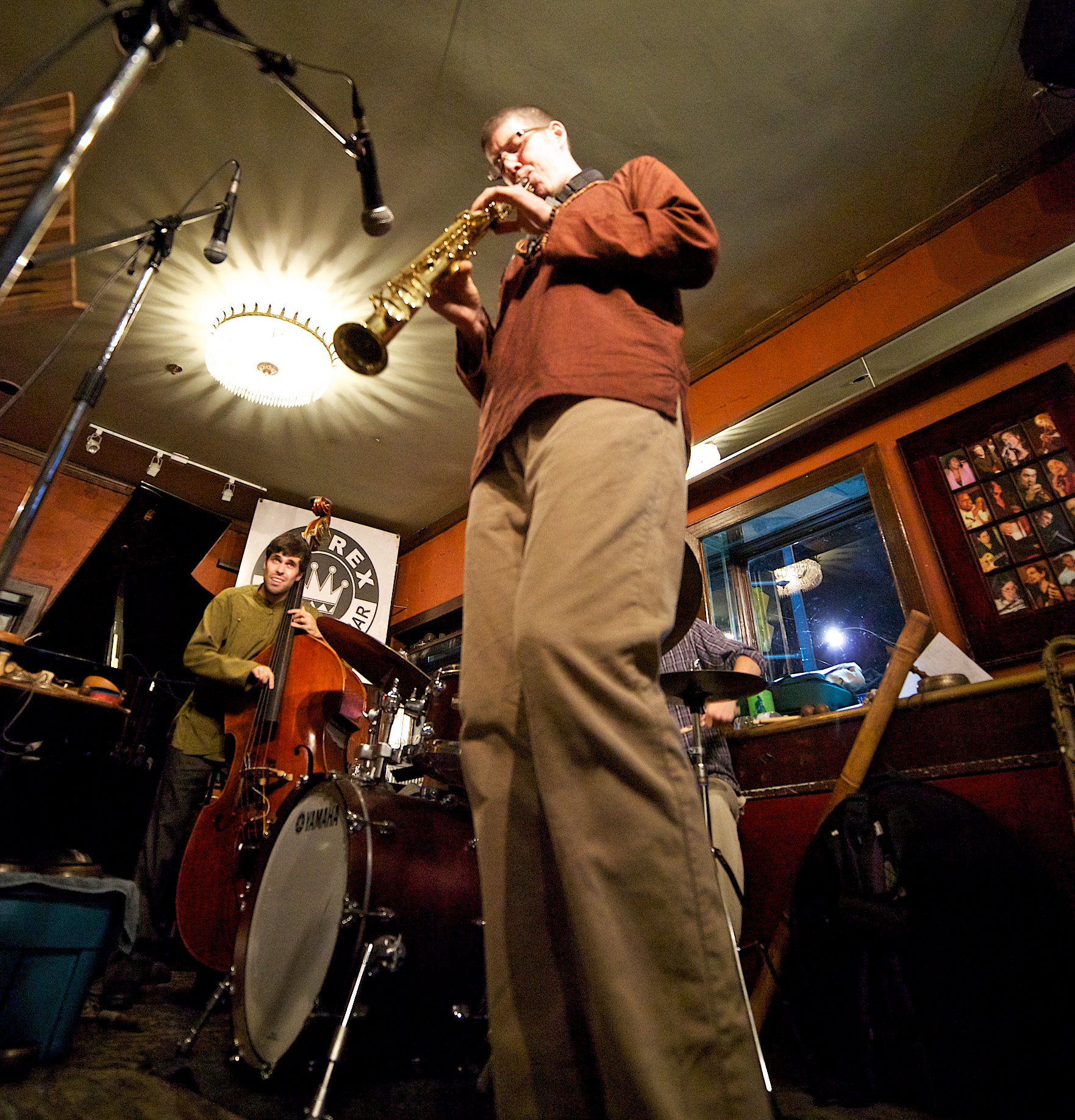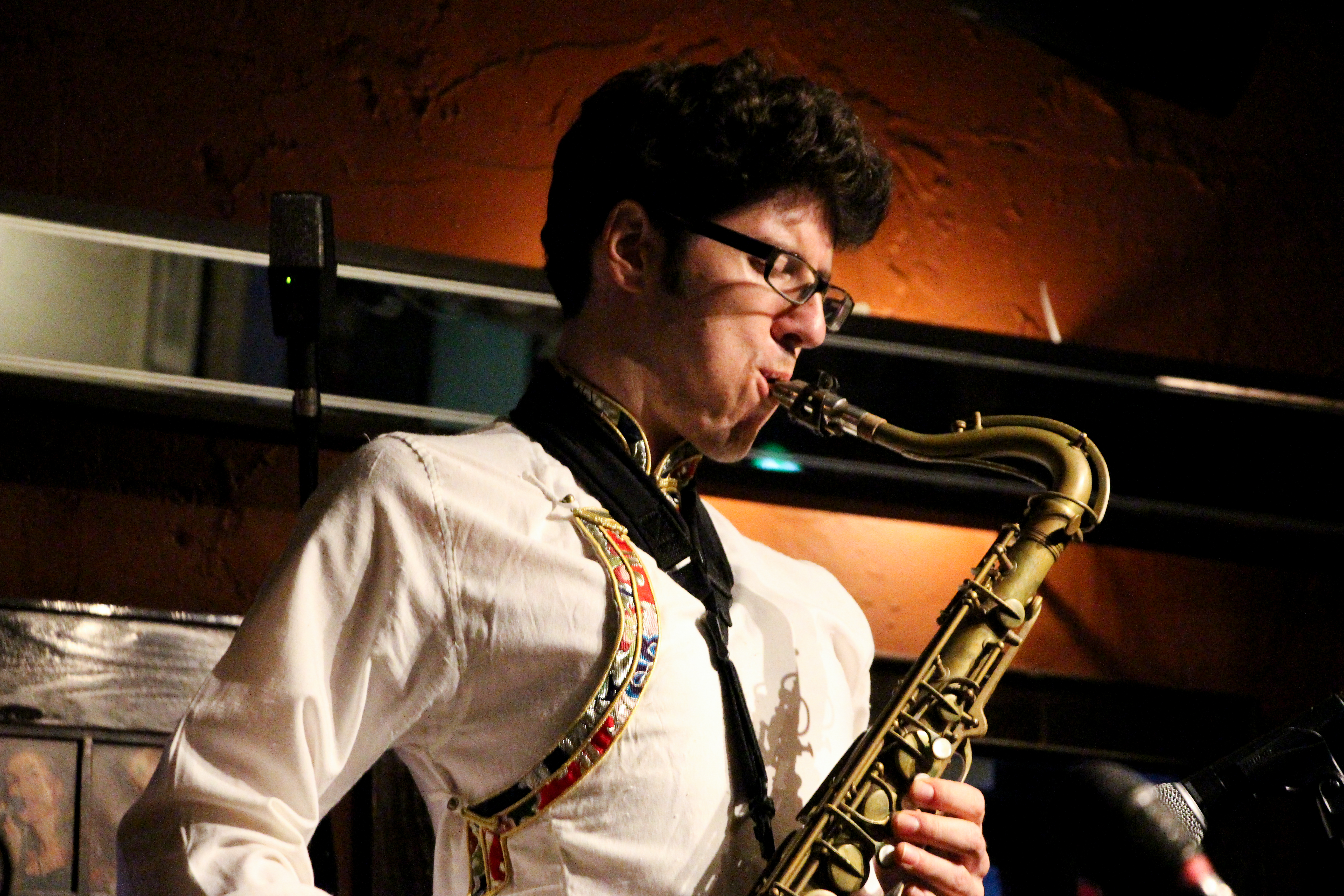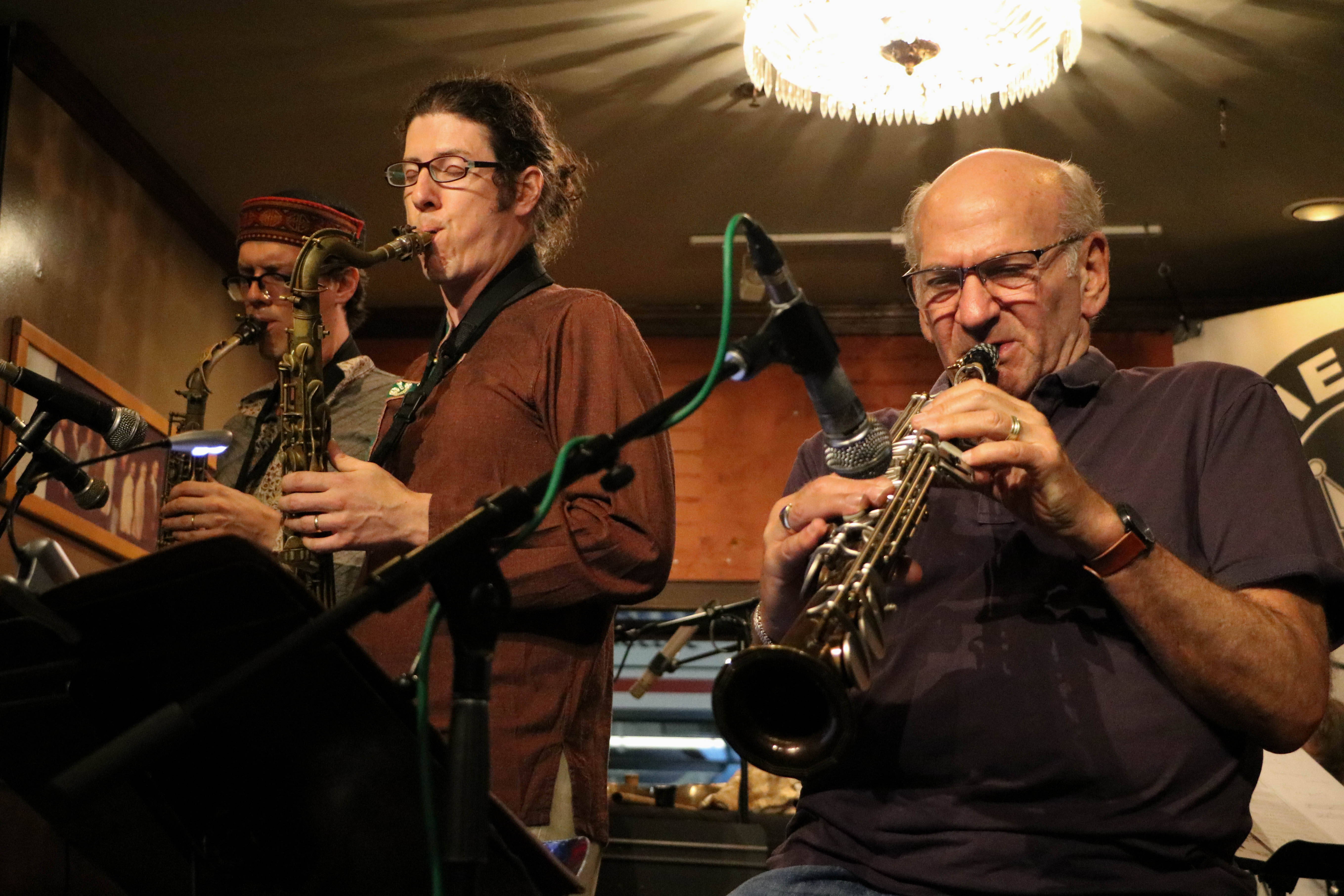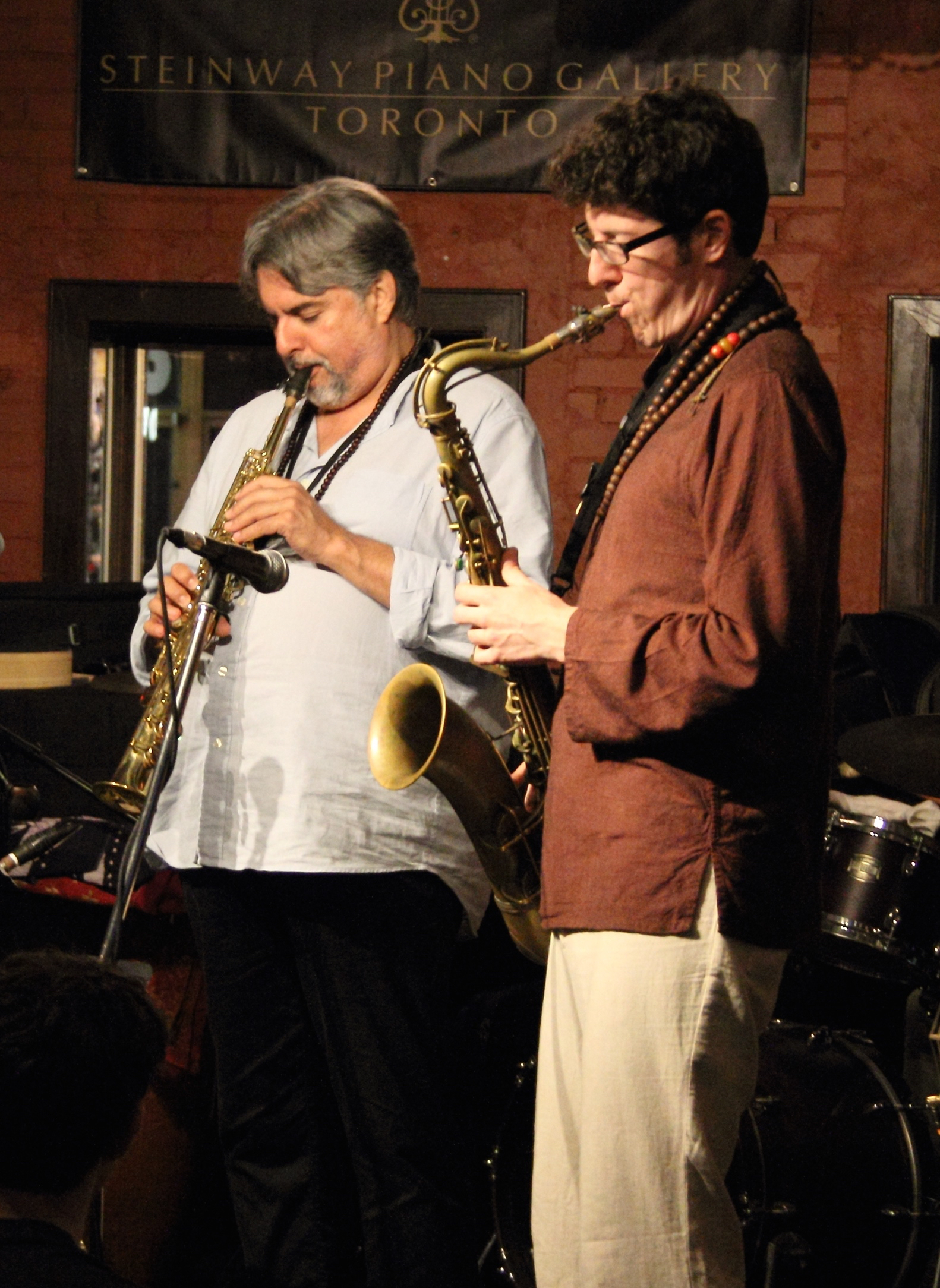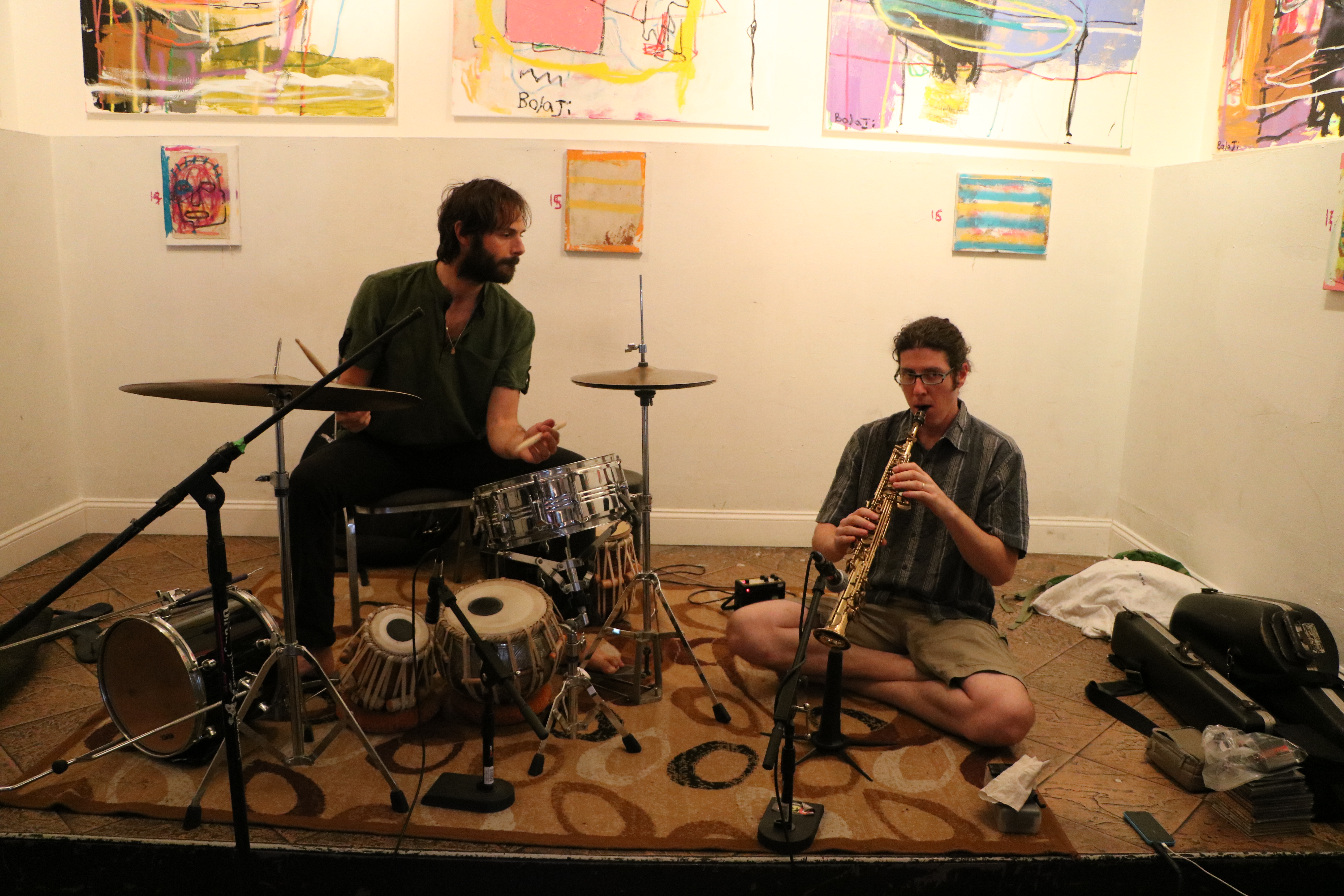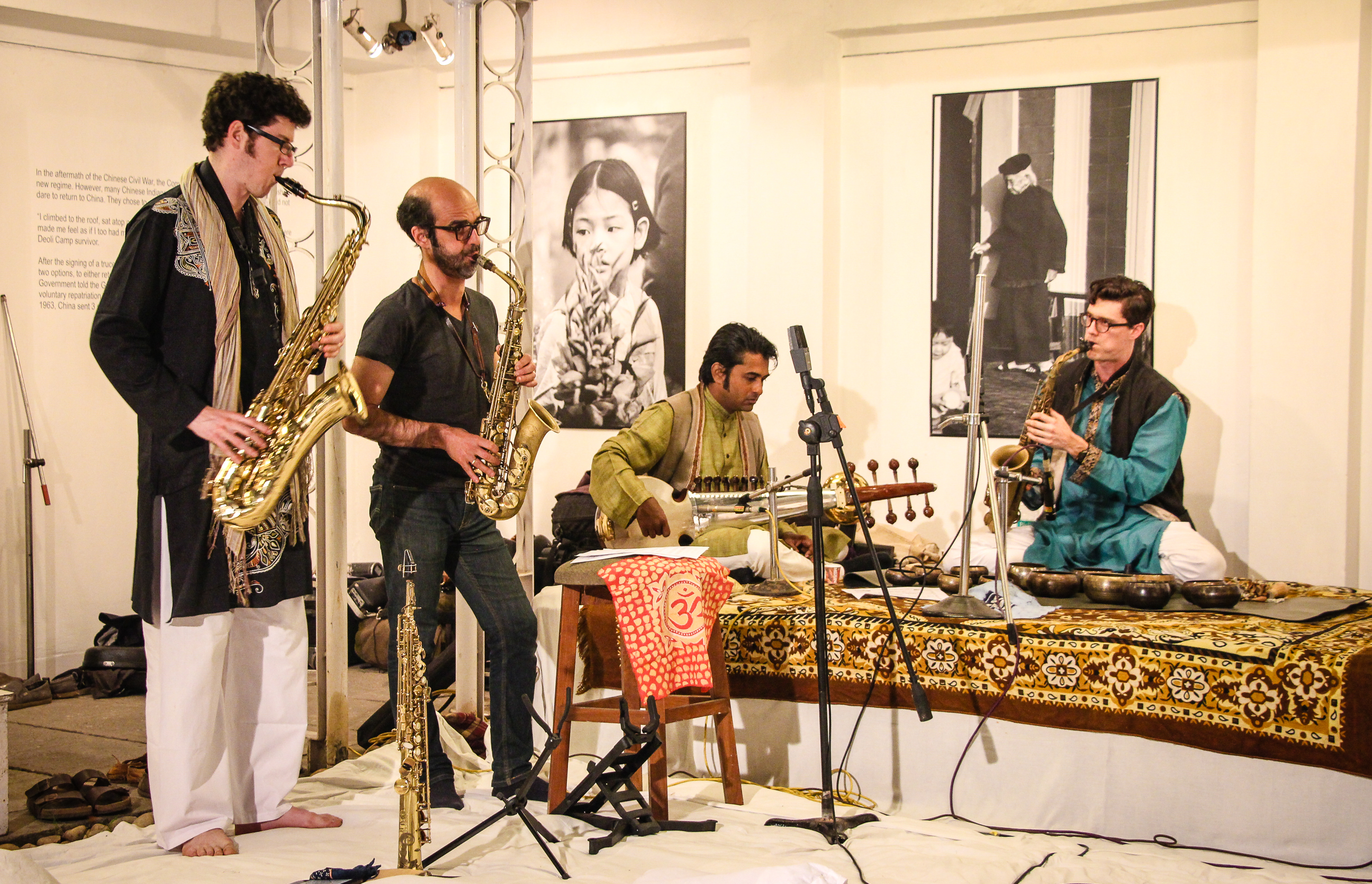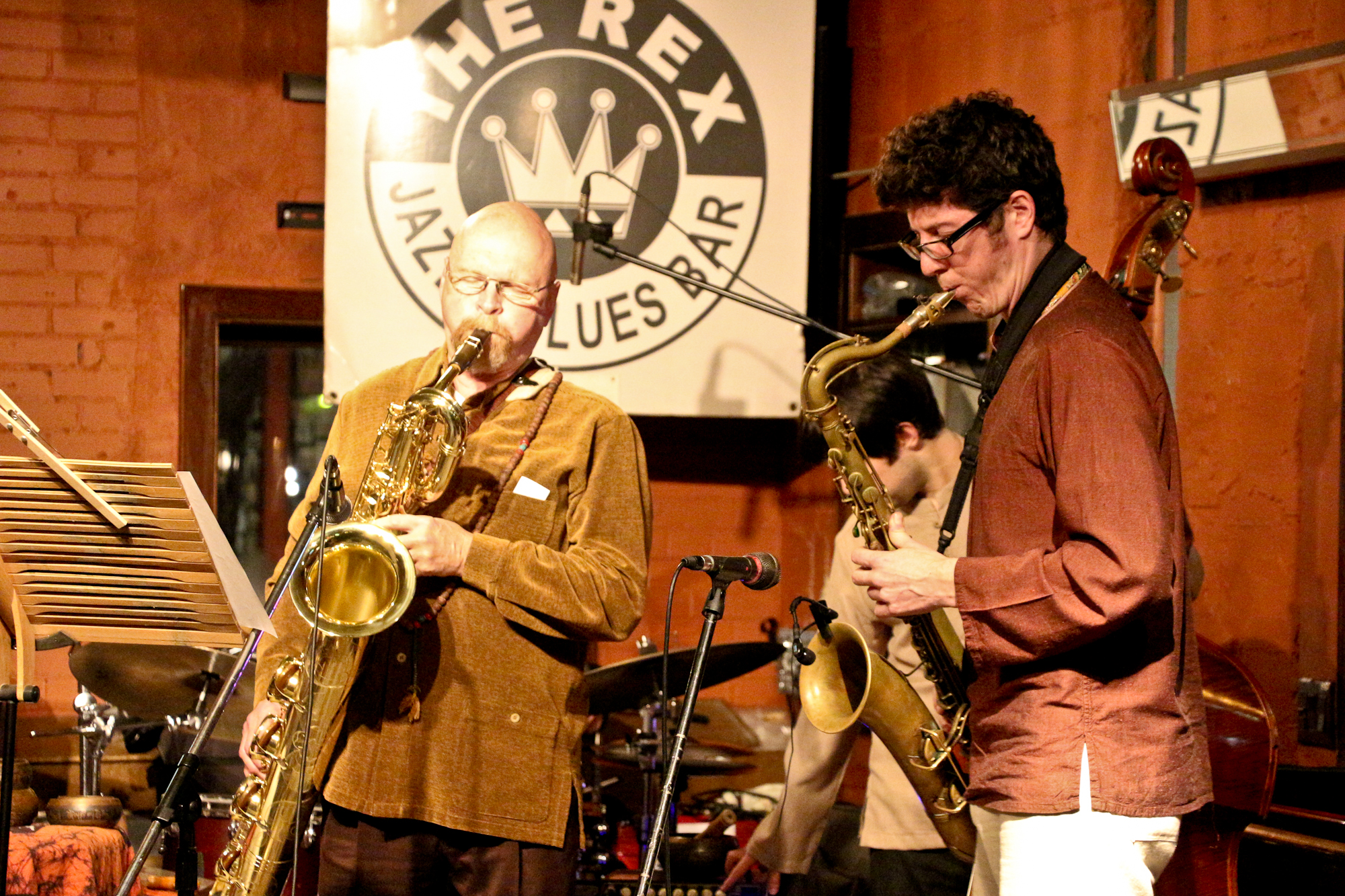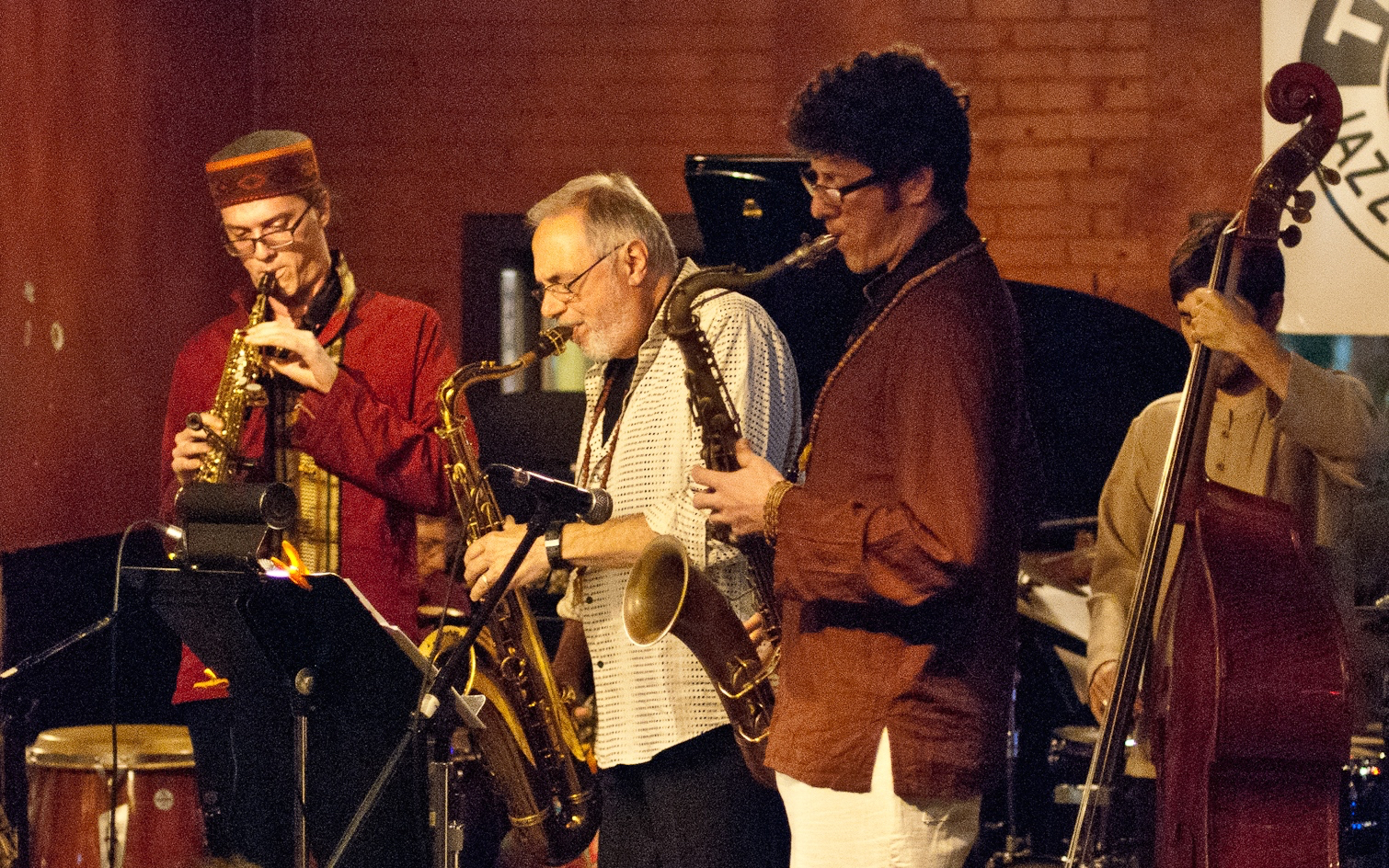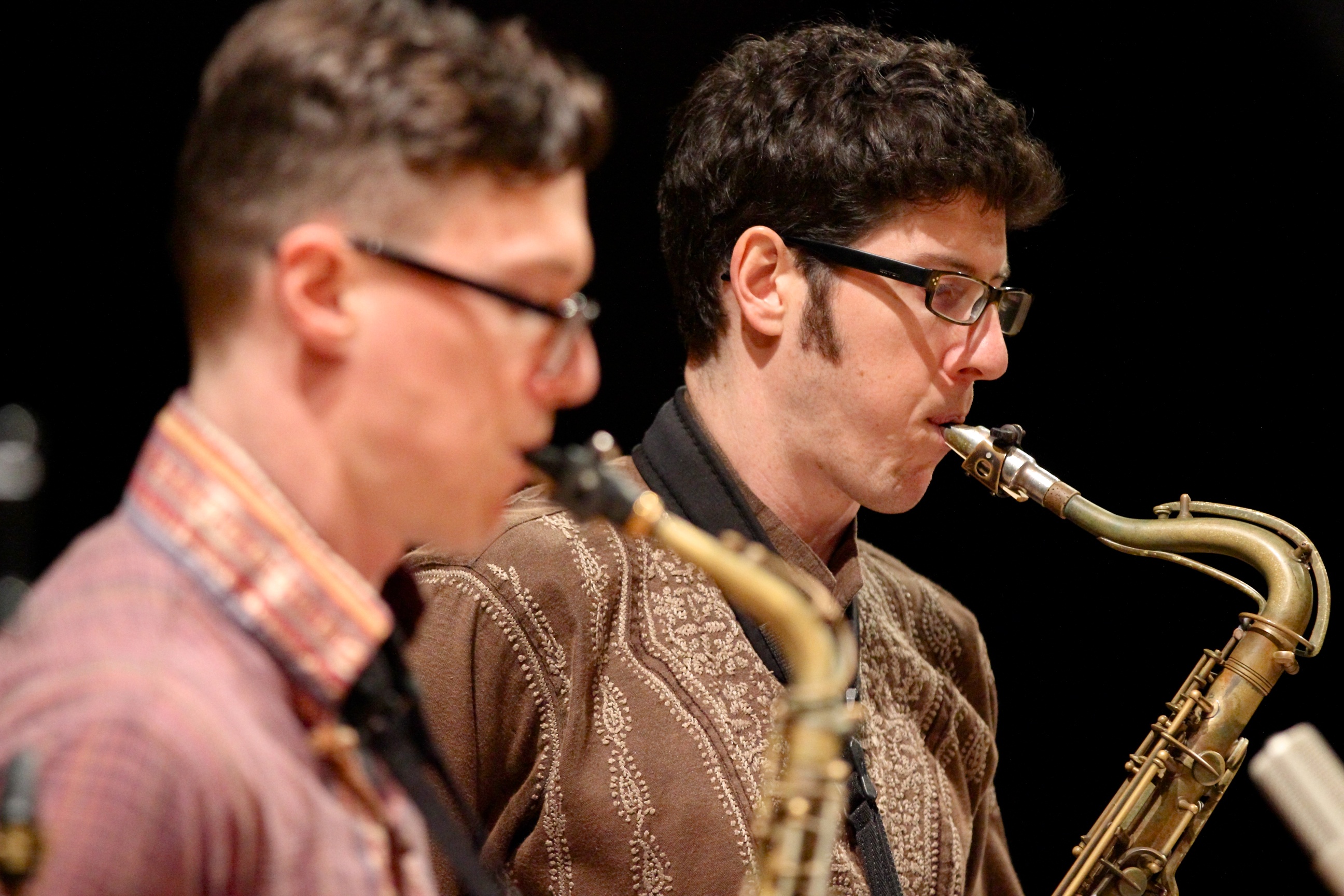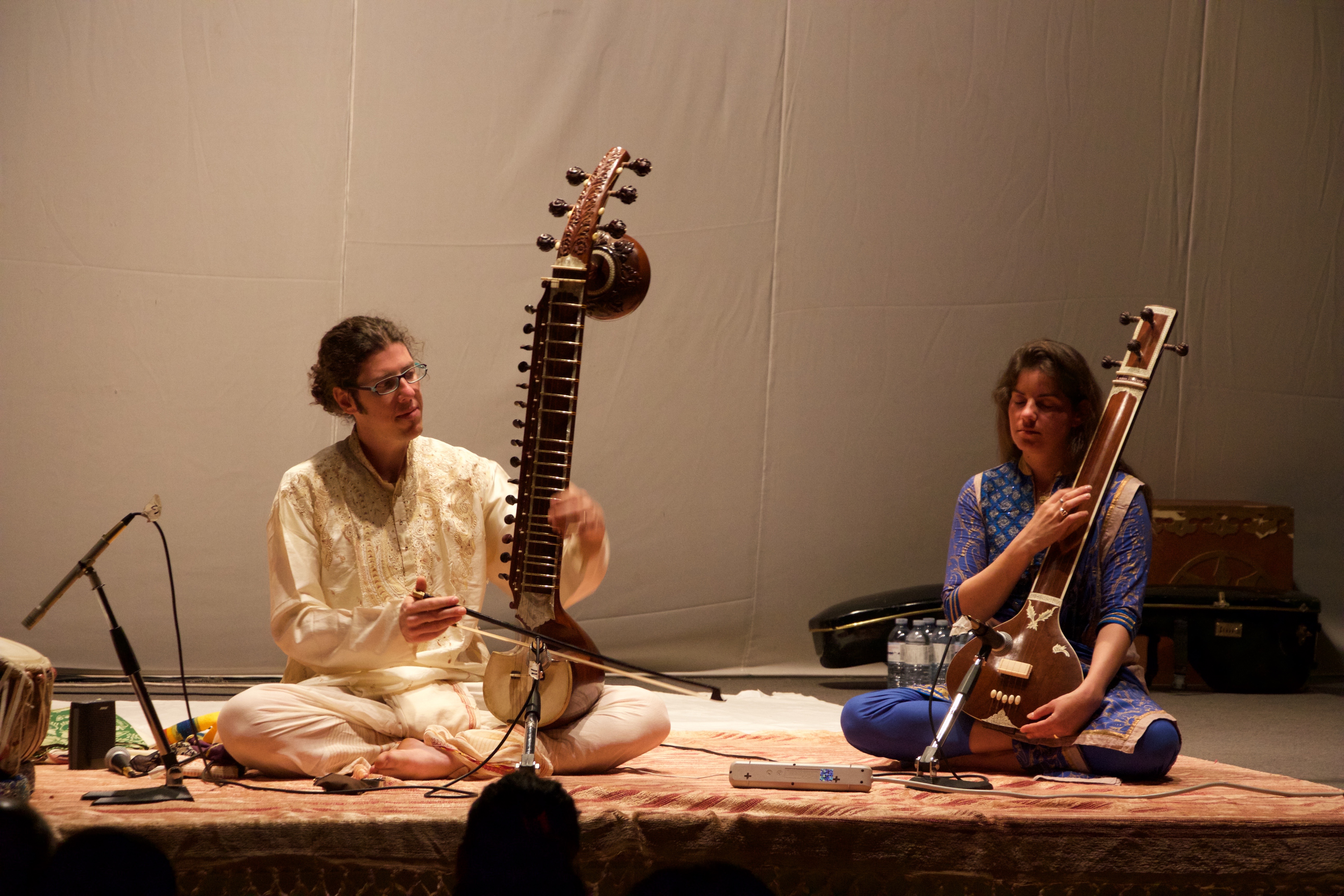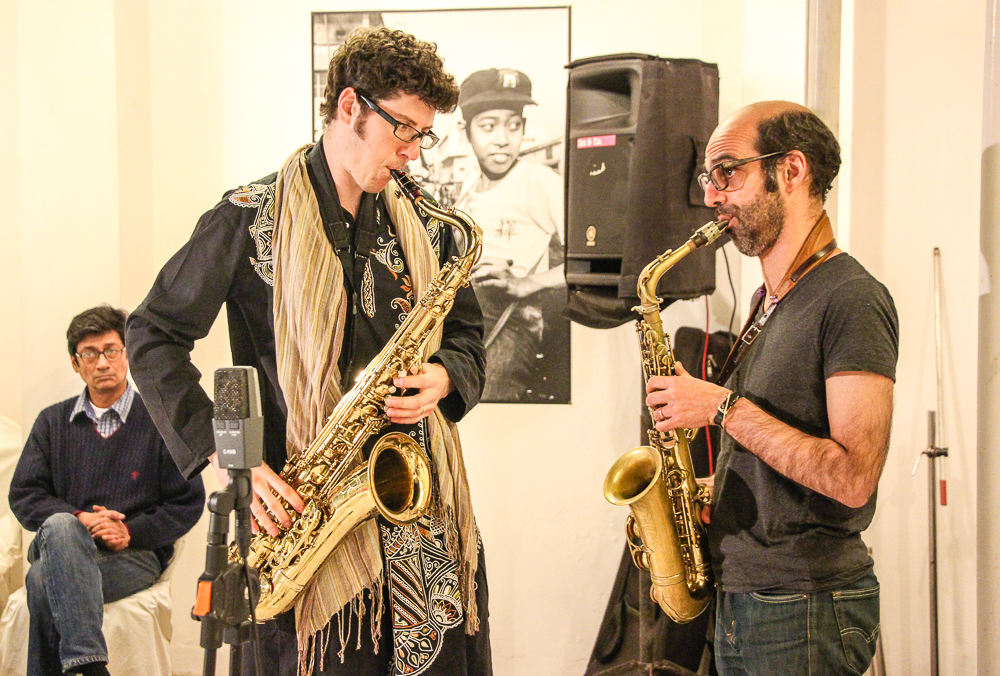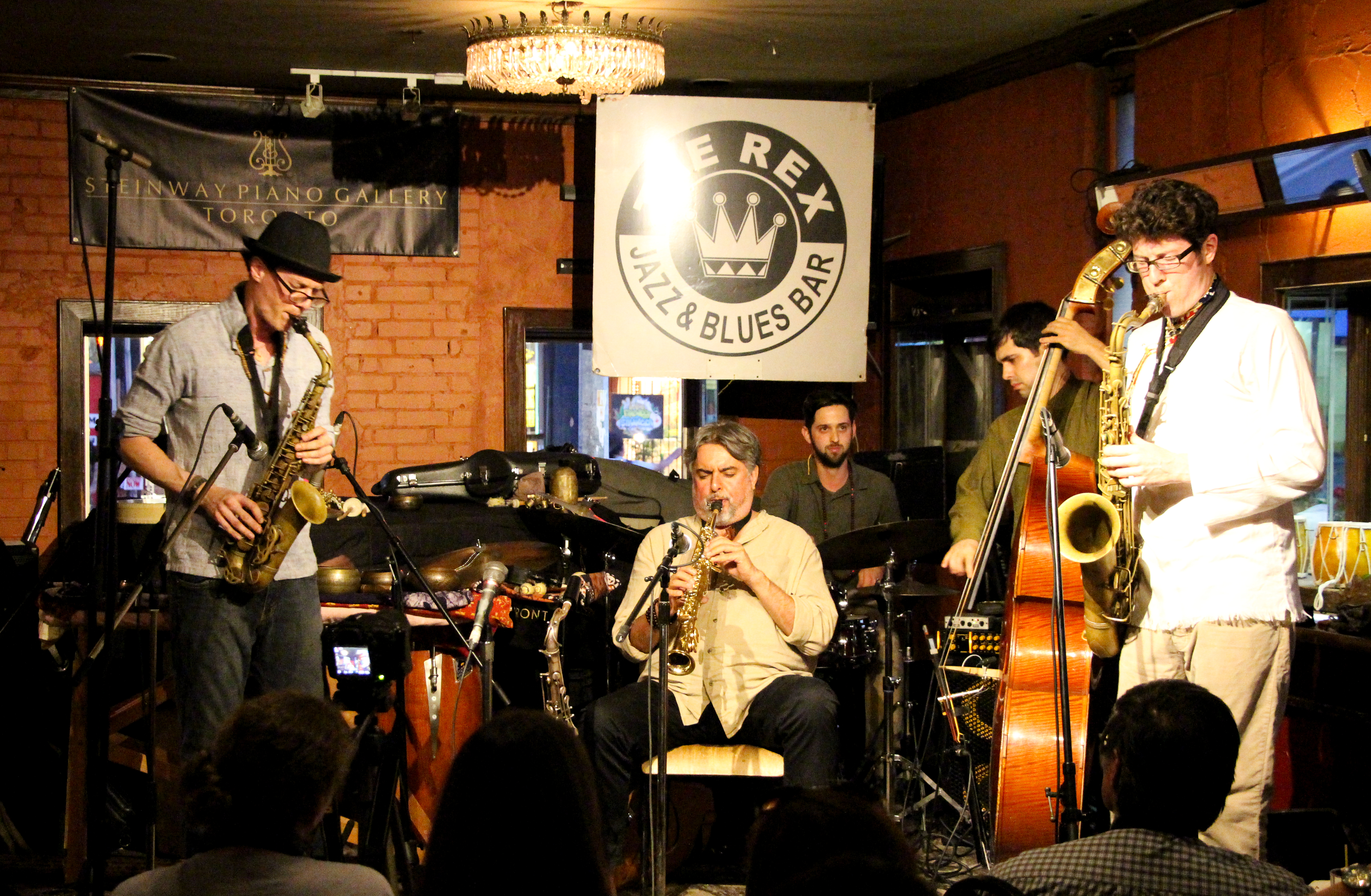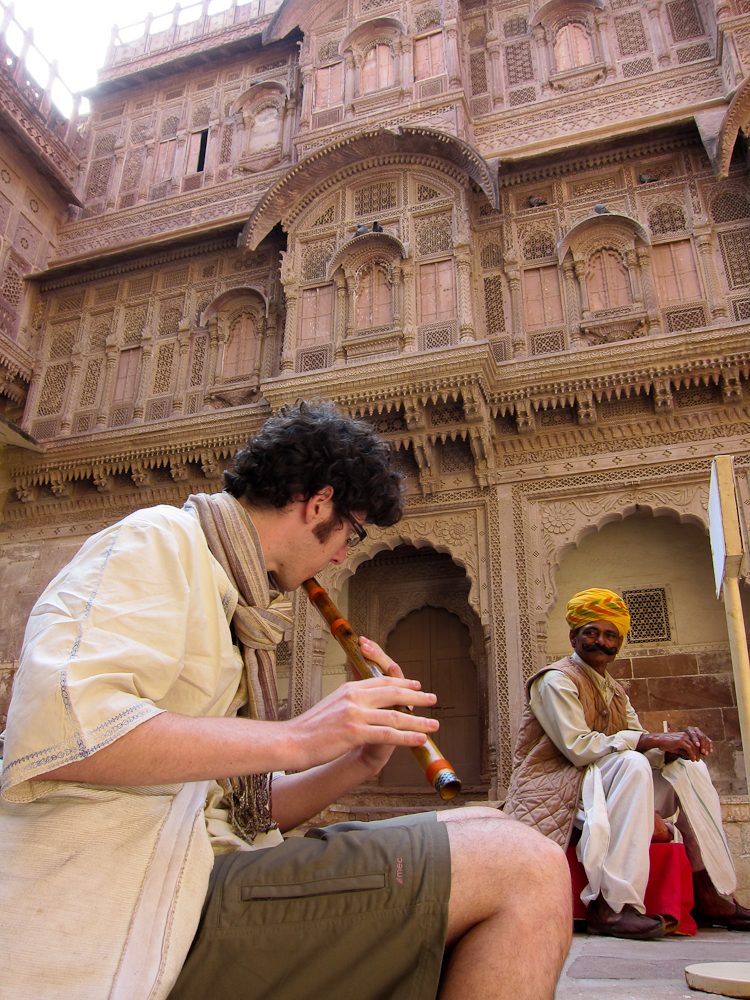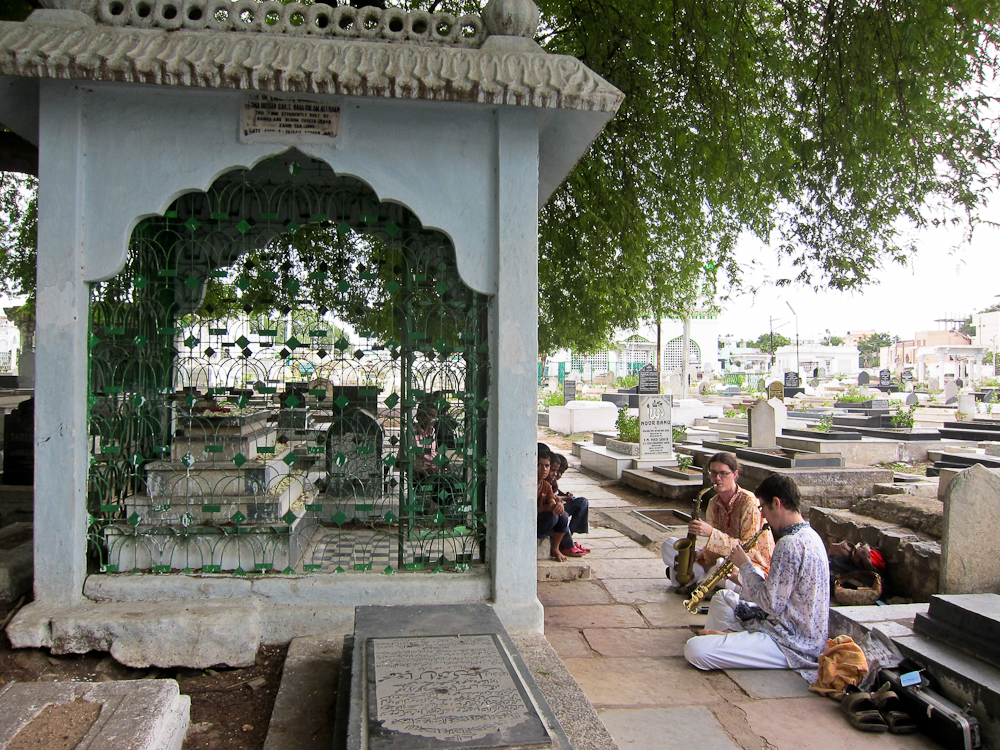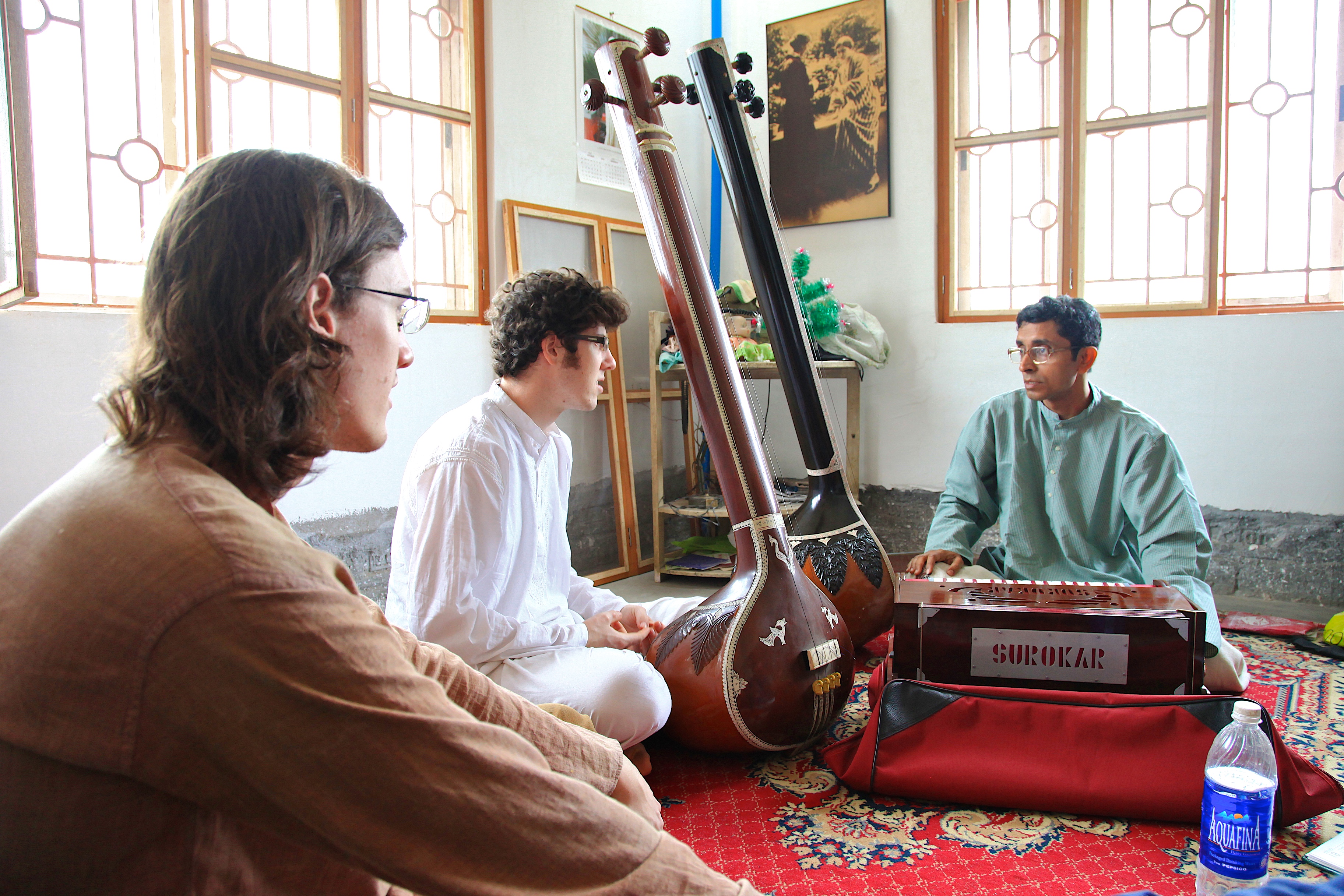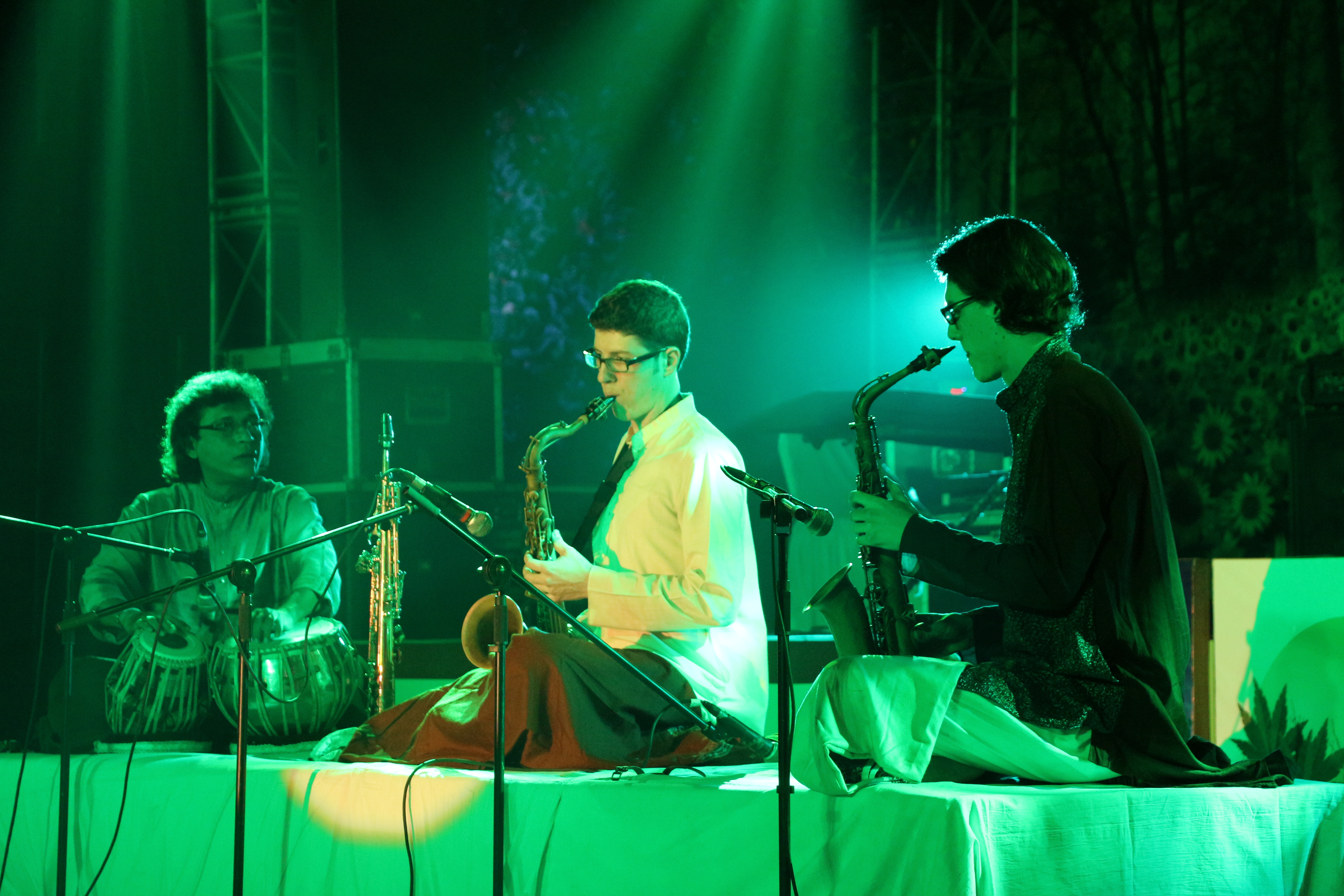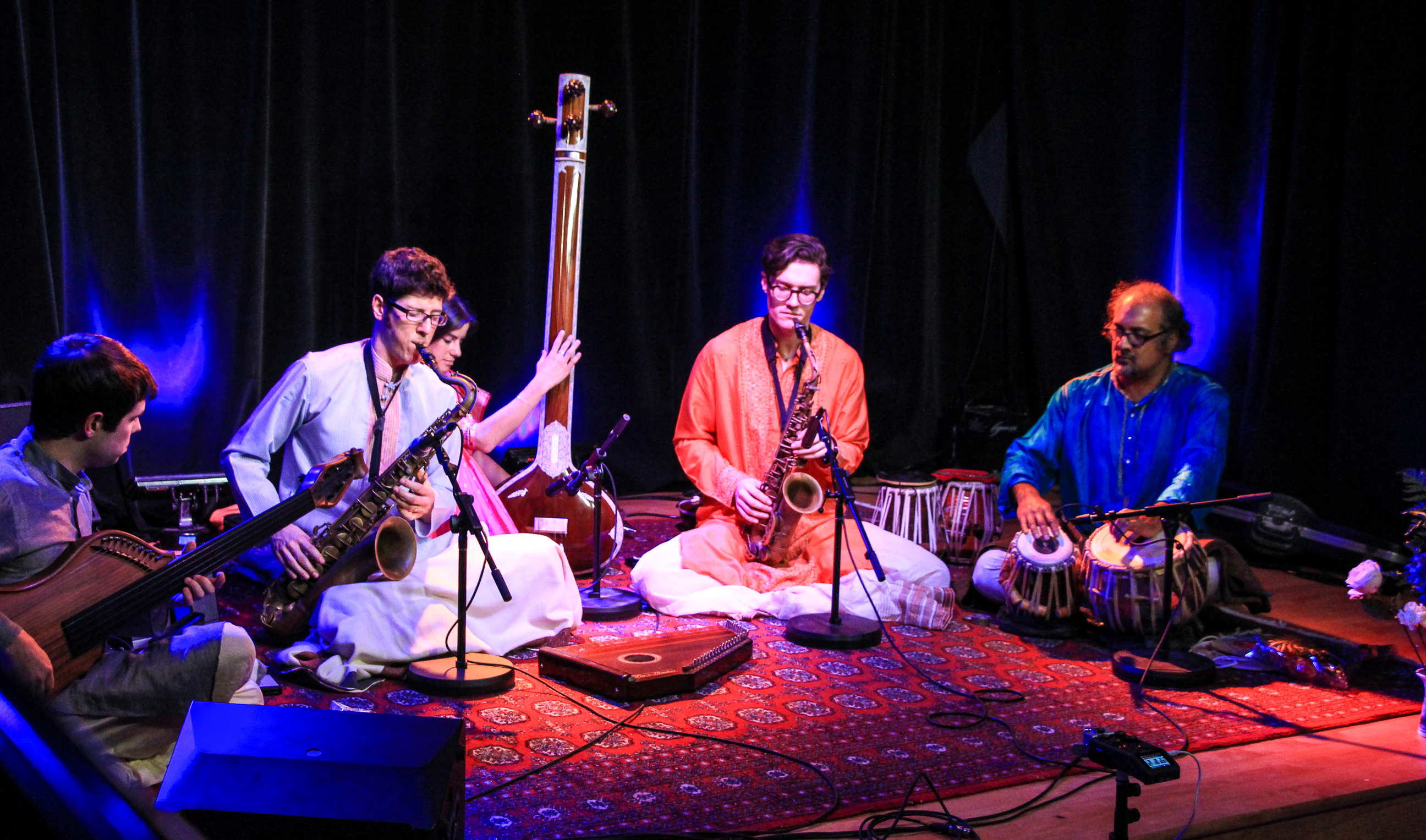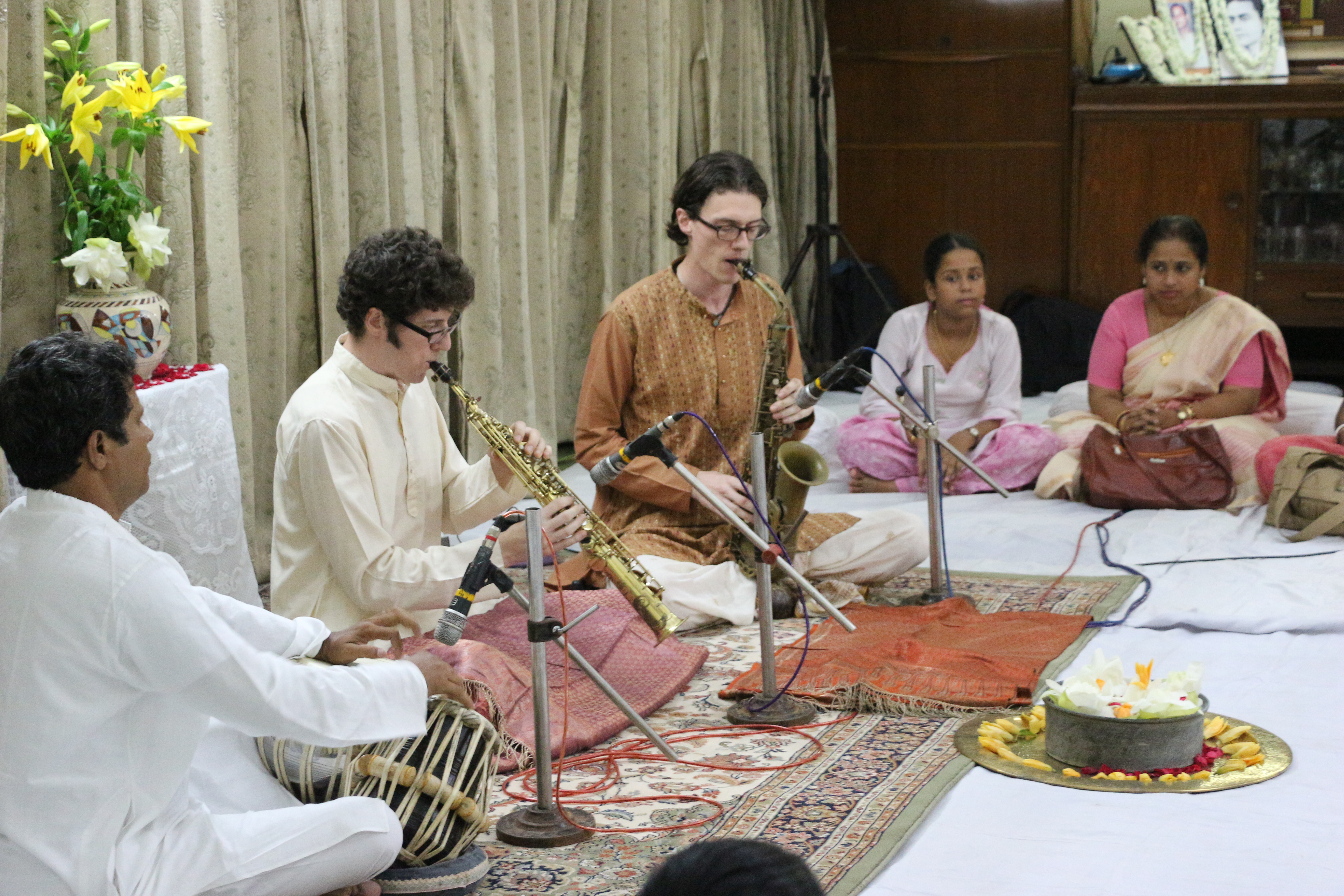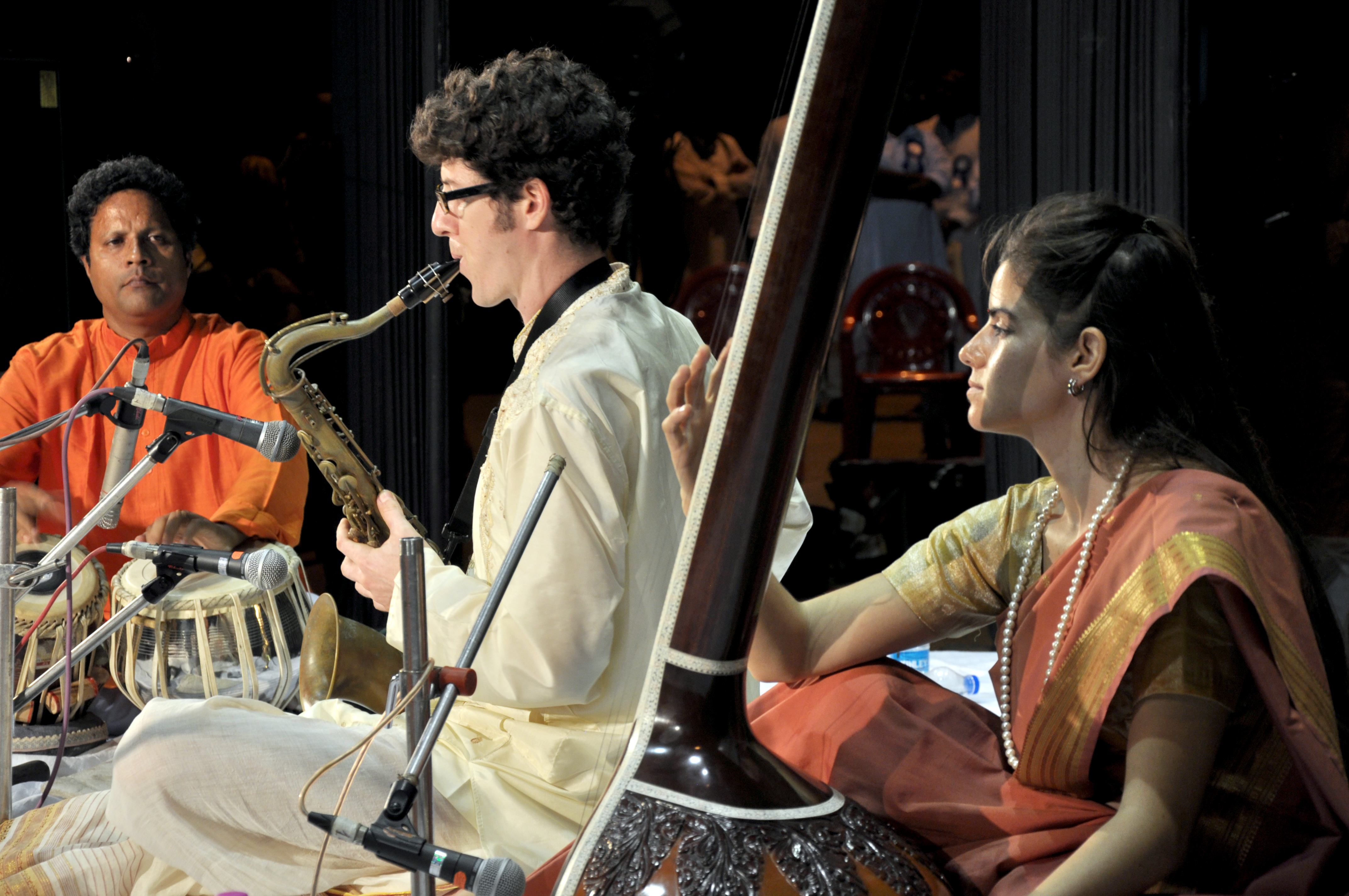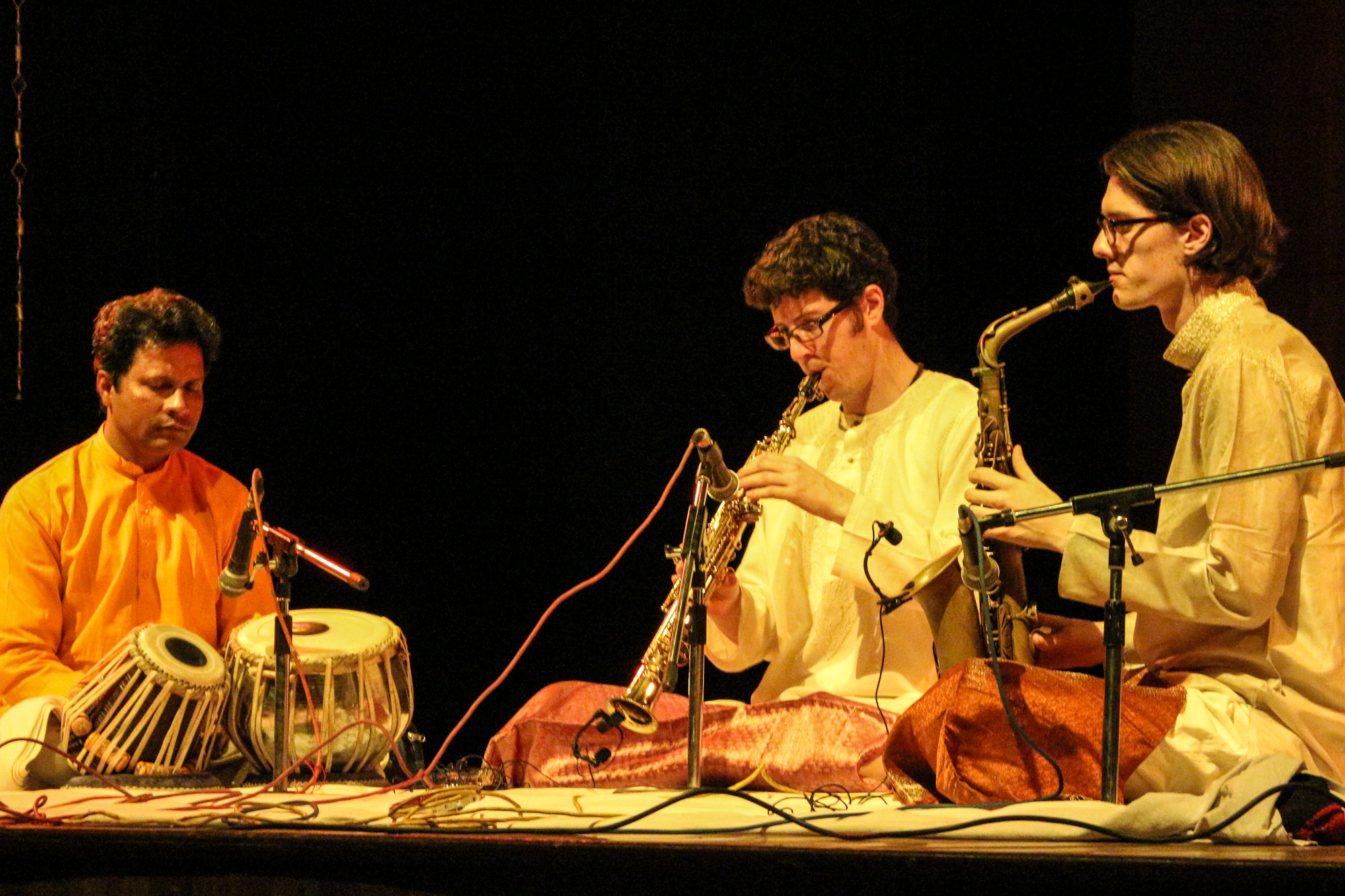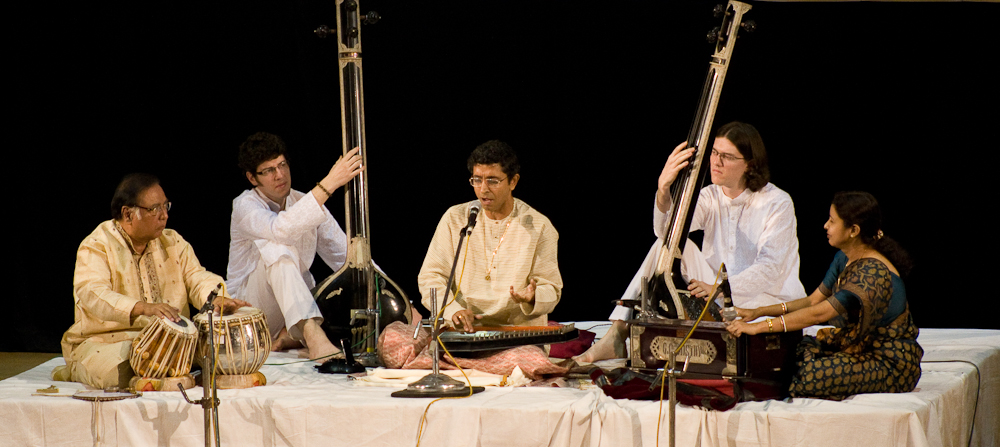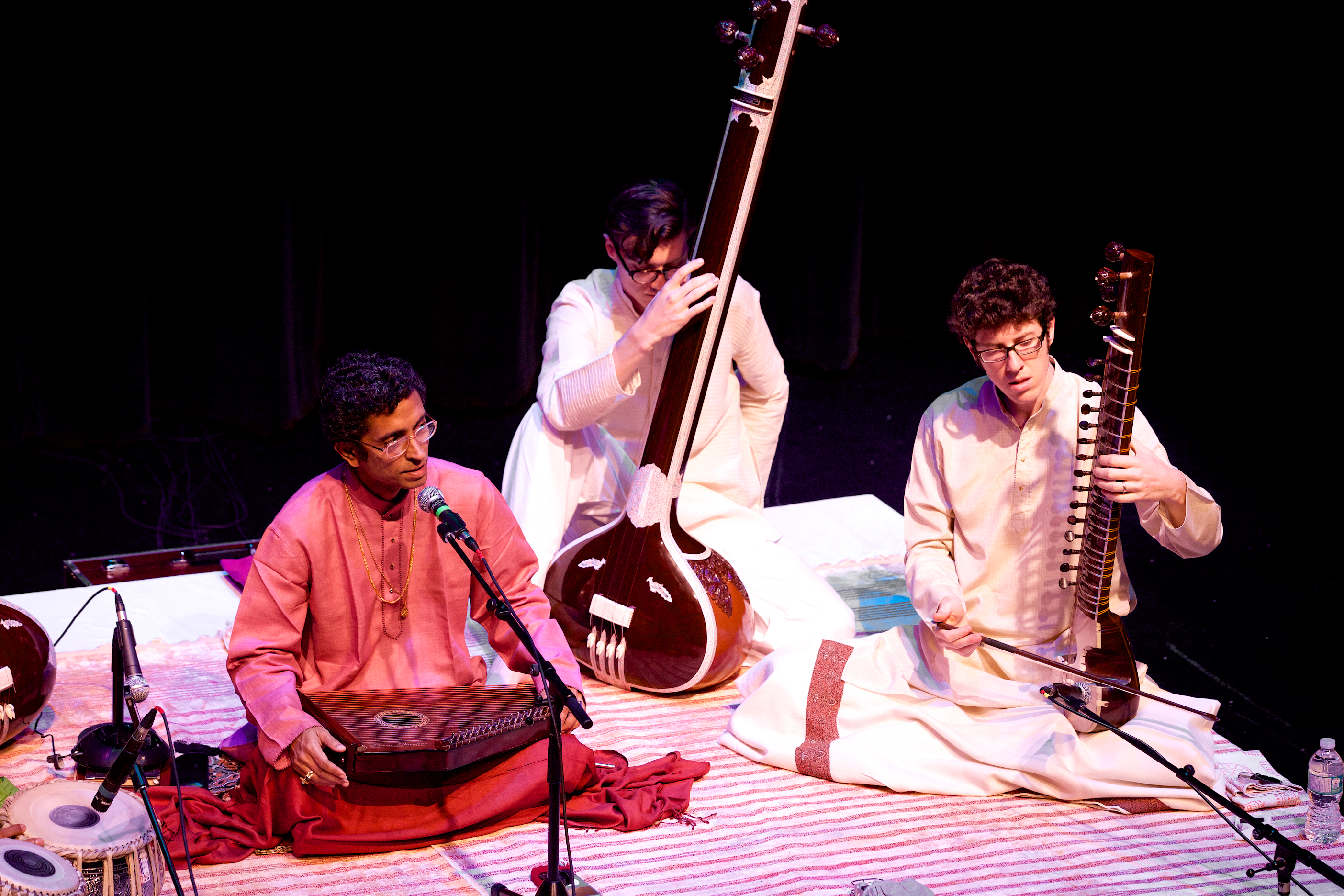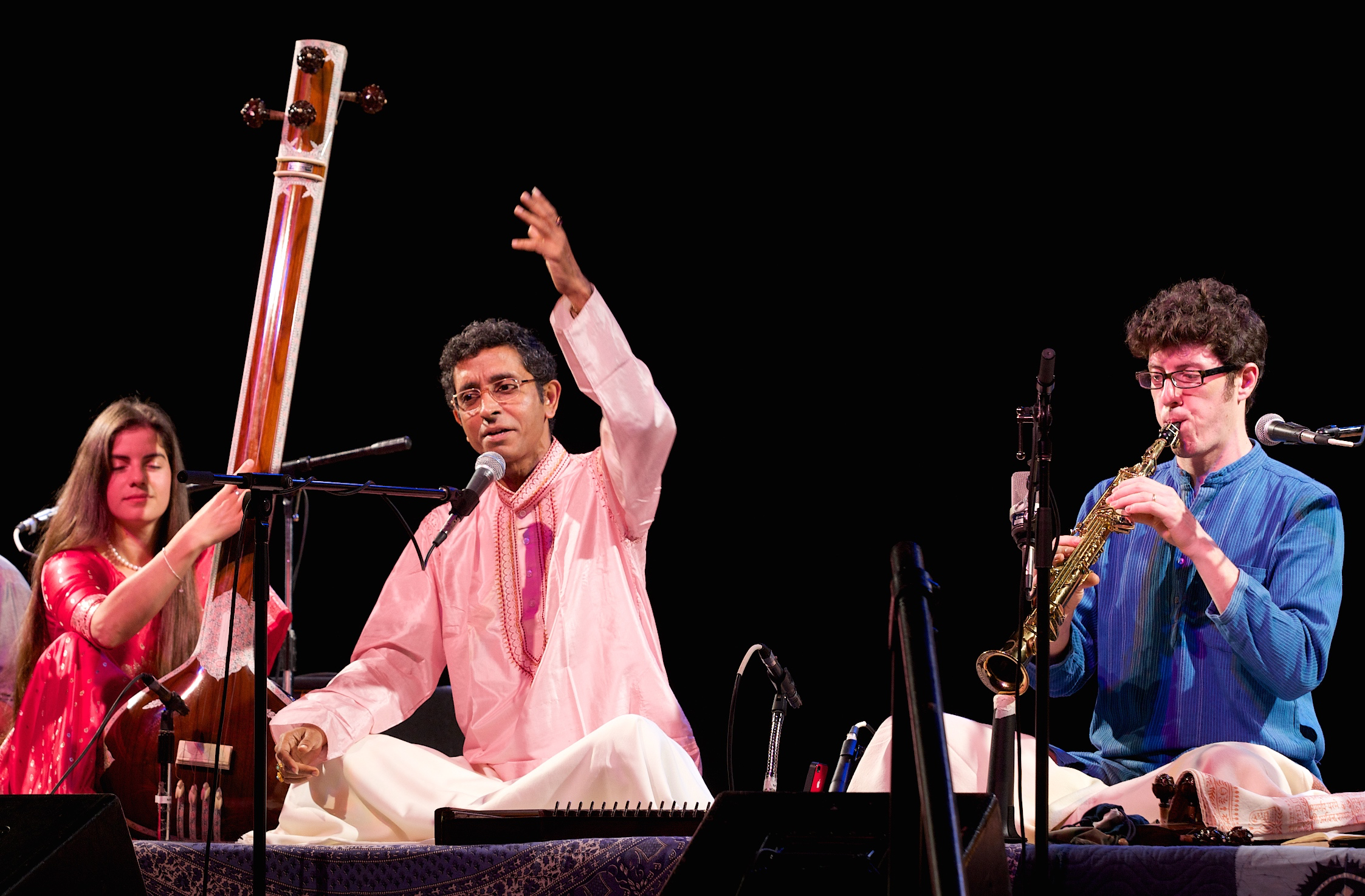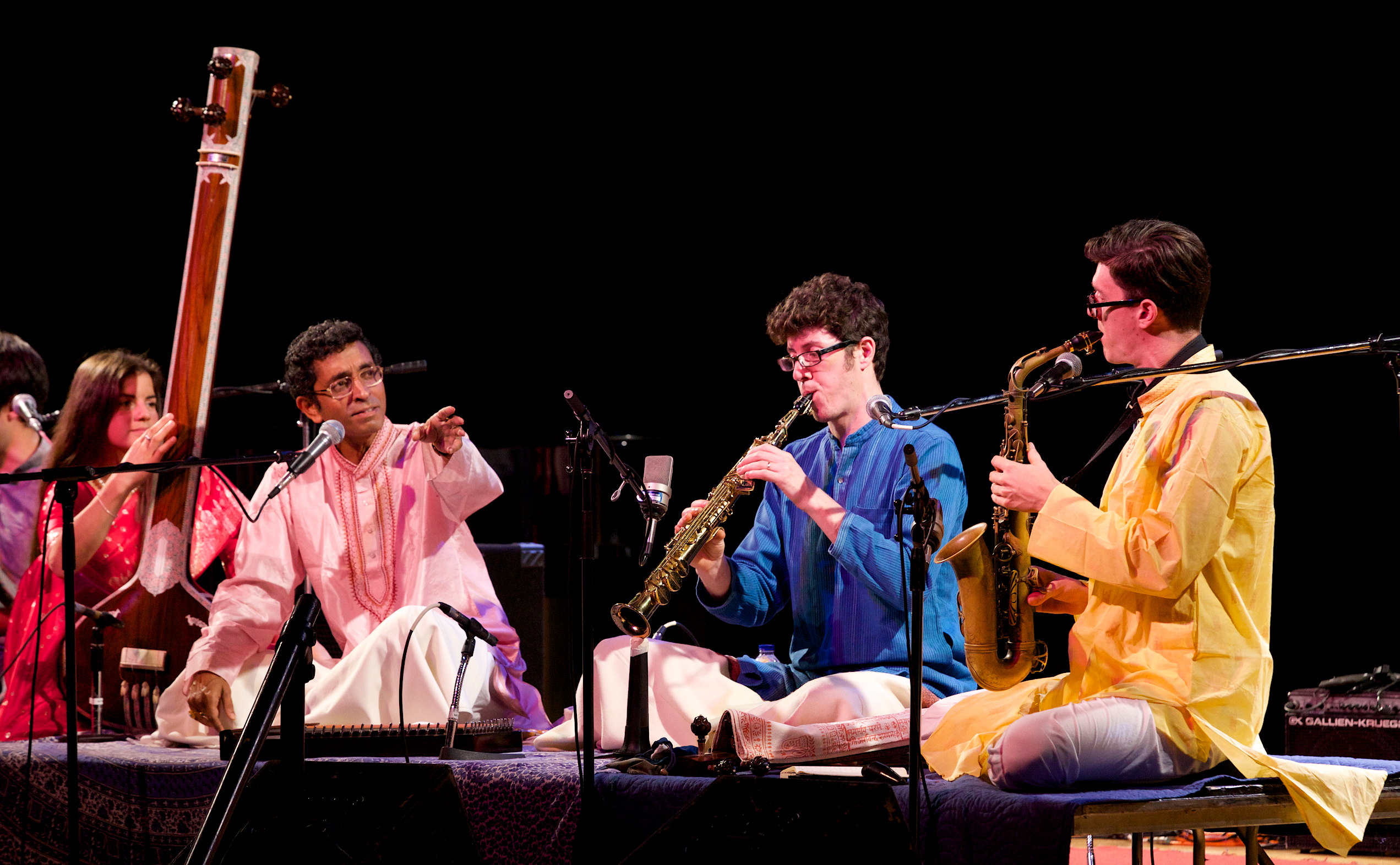“My music is the spiritual expression of what I am — my faith, my knowledge, my being.”
John Coltrane
John Coltrane was an innovator, a visionary, a revolutionary and one of the most influential musicians of the 20th century. He endlessly redefined his music in search of a universal perfection to unite humanity and transform this world into a place of heaven.
Amid the Jazz revolution of the 1960’s, Coltrane looked to India finding a new guiding light of knowledge and wisdom, which lead him to briefly learn under India’s great sitar maestro Ravi Shankar. Over the next few years he devoted his life in search of a “multicultural theory of musical transcendence”, inspired directly by the music, philosophy and religion of India.
He believed not only in a universal musical structure which transcended ethnic distinctions, but in being able to harness the mystical language of music itself and Coltrane’s study of Indian music led him to believe that certain sounds and scales could “produce specific emotional meanings”.
“All a musician can do is to get closer to the sources of nature, and so feel that he is in communion with the natural laws. Then he can feel he is interpreting them to the best of his ability, and can try to convay that to others.”
“My goal is to live the truly religious life, and express it in my music. If you live it, when you play there’s no problem because the music is part of the whole thing. To be a musician is really something. It goes very, very deep.”
“When you begin to see the possibilities of music, you desire to do something really good for people, to help humanity free itself from its hangups … I want to speak to their souls.”
The meeting of Maestros John Coltrane and Ravi Shankar was the spark that changed music forever, and had Coltrane traveled to study under the mentorship of Ravi Shankar as planned before his untimely death in 1967, just imagine how much closer to the holistic goal of finding a “universal theory of musical transcendence” he would have been.
FULL ARTICLE: Looking East: The Spirituality of John Coltrane by Jonathan Kay
